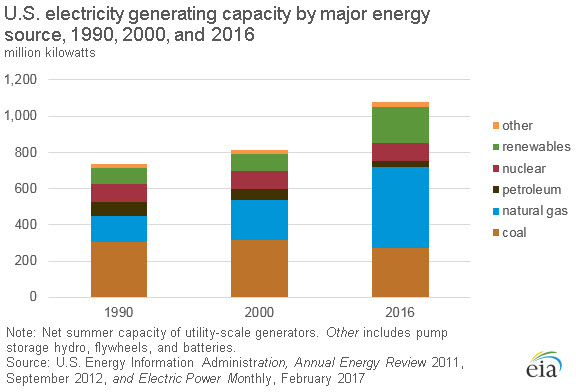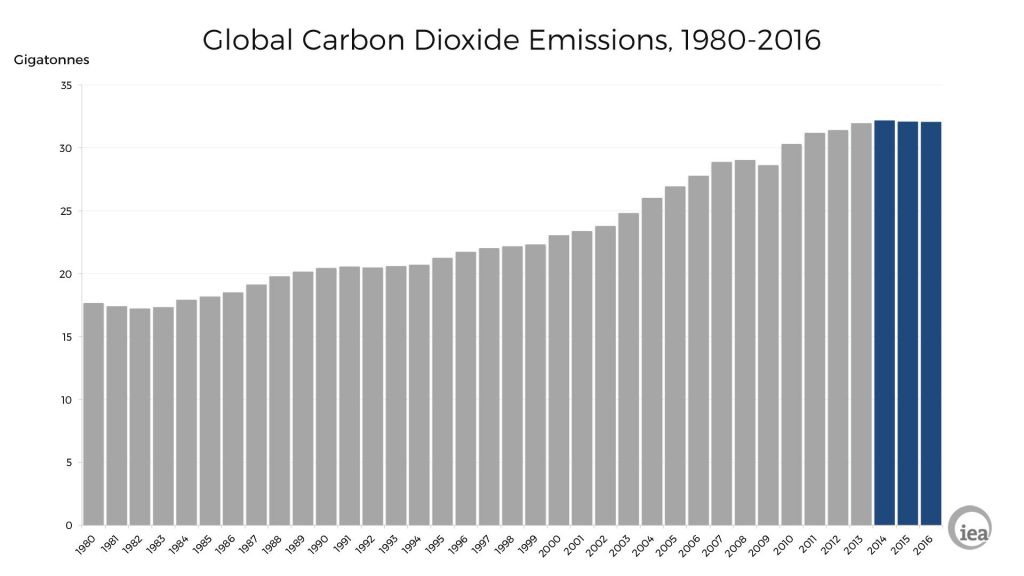Welcome to Environmental Systems and Societies (IB)!
What a daunting task: writing the first blog post of the school year (and my first EVER!). After much careful consideration, I would like to share my optimism with you.
The ecology of the natural world is beautiful and inspires wonder. It is complex, resilient, and dynamic. Its value has yet to be fully understood or appreciated by humans. In this class, students will first learn about how healthy ecosystems function. As the course progresses, students will focus on some of the challenges today’s ecosystems face. It is easy to become overwhelmed by the variety and magnitude of these issues.
However, in each and every topic covered, ESS explores how problems in ecosystems can be remediated from a variety of environmental perspectives, emphasizing dialogue between stakeholders, in order to create positive sustainable change.
The actions of each individual do matter. Simple choices like what a person eats, how often s/he turns off the lights, and which container s/he drinks from, have a cascade of effects- some short term, others lasting centuries. Taken collectively, small changes made by each person (multiplied by 7, 500,000,000!) have an enormous impact on the biosphere.
Positive changes (just the tip of the iceberg, really, but these eclectic examples match some of our first semester topics)
Land: In Montana, changes are already in progress. Rancher, Farmer, Fisherman by Miriam Horn details how one individual is creating habitat for wildlife, improving soil composition, increasing plant biodiversity, all while raising cattle on the prairie. Interested in learning more? It’s a great choice for this semester’s book club.
Air: In the United States, people use a lot of energy, but its sources are changing. Here’s the good news:
Reductions have been made in the use of coal and petroleum, and renewable sources have increased. These efforts and the work of other nations has resulted in a global cap on carbon emissions.
Source: International Energy Agency
Humans have managed to stabilize the carbon dioxide emissions for the last three years! Through education, collaboration, and changes in policy and personal and corporate practices, a reduction is just around the corner.
Water: Oceans are a resource shared by all countries, and plastics cause significant damage to this vast ecosystem. The creativity and determination of one young man has found a way to greatly diminish the Great Pacific Garbage Patch. To read more about his endeavors, visit www.theoceancleanup.com. In addition, PK CLEAN has found ways to recycle plastic before it even enters the ocean and turn it into petroleum.
The first steps have been taken in the journey to address the earth’s ecological challenges. It is a long process, but I believe, we’re on our way. In the midst of this hard work, it is important to remember the advice of one of my favorite writers, Edward Abbey.
“It is not enough to fight for the land; it is even more important to enjoy it. While you can. While it’s still here. So get out there and hunt and fish and mess around with your friends, ramble out yonder and explore the forests, climb the mountains, bag the peaks, run the rivers, breathe deep of that yet sweet and lucid air, sit quietly for a while and contemplate the precious stillness, the lovely, mysterious, and awesome space.”
I hope you enjoy our exciting ecological explorations this year!

